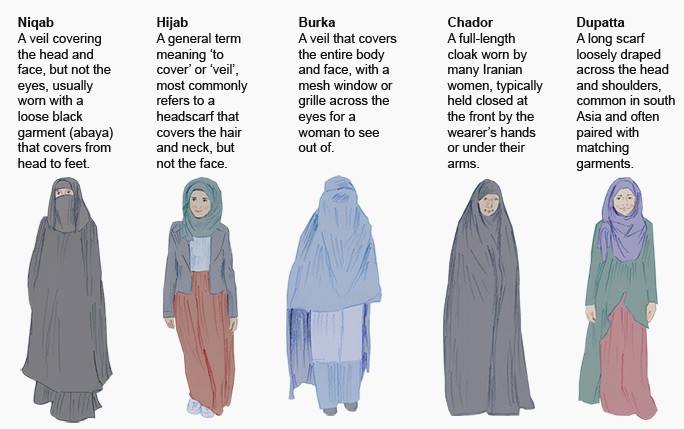
By MIA FREEDMAN
For the past three weeks I’ve been overseas on holidays with my family. Never willing or able to disconnect from home, I kept an eye on the news and, of course, on Mamamia. With distance comes perspective and not always the good kind.
The terrorism arrests were alarming. More so, what came after. With growing dismay and deja vu, I watched fear of terror morph quickly into intolerance and bigotry. With incredulity, I watched as Australian Muslim women and their choice of dress become the focus of national attention.
Forget ISIS and their grotesque death cult of beheadings. What we must really fear and reject and isolate and segregate are women who chose to wear niqab – or ‘burqa’ which, despite it describing a different form of muslim dress, has become shorthand for everything ‘other’ about the Muslim culture which must be ‘banned’.
I’ve watched as legislation to ‘ban the burqa’ has been vomited into the public discussion by ill-informed fools like Jacqui Lambie who have jumped recklessly and deliberately to mix debates about religious dress, terrorism and national security into a single brainless idea.
I’ve watched our Prime Minister seemingly test the wind of public opinion before rightly rejecting calls to segregate Muslim women wearing the niqab in parliament house, even though nobody from any side of politics can ever remember seeing a person dressed that way.
Top Comments
Wish I could attach the letter published in the West Australian on Monday 13 October.
Apparently women should cover themselves because men have strong sexual desires but weak control. So women have to cover themselves to reduce attraction.
We should also work in women only offices and attend women only banks and universities, as in Saudi Arbia
I do hope it was a hoax!
Great article Mia!